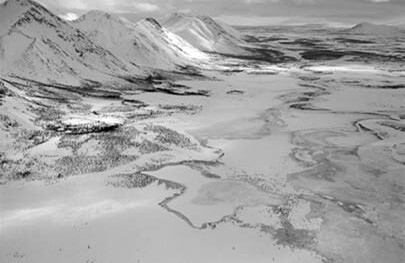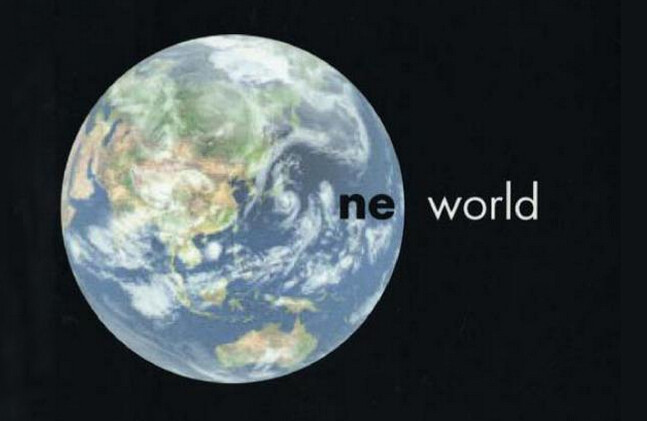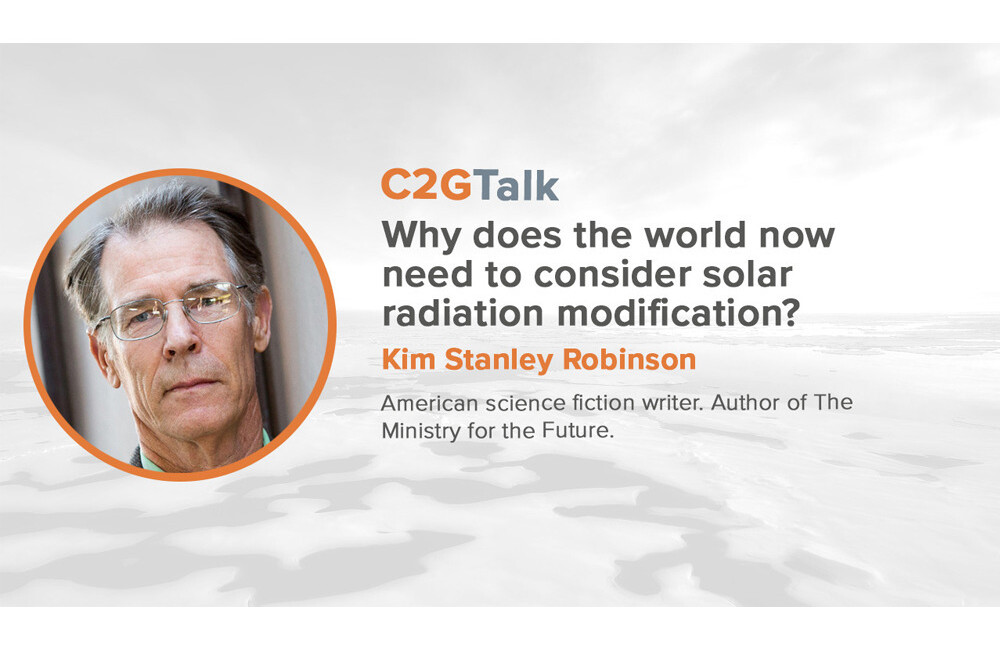Framing ethical perspectives
Climate change refers to human-induced global warming, mostly due to greenhouse gas emissions, and large-scale impacts on weather patterns. As floods, droughts, and other extreme weather events become more common and certain regions turn inhospitable to humans, society is changing as well. Carnegie Council’s events, experts, and Impact Initiatives, such as the Carnegie Climate Governance Initiative (C2G) and the Model International Mobility Convention (MIMC), analyze these changes from a socio-political perspective and search for ethical solutions to, possibly, the most pressing challenges that humanity has ever faced.
Featured Climate Changes Resources
Climate governance, climate-altering technologies, and more
MAR 28, 2024 • Video
Unlocking Cooperation: The Global South and Global North
In the inaugural panel of the "Unlocking Cooperation" series, Ramu Damodaran leads a discussion on forging a path forward for Global South/North collaboration.
JAN 8, 2024 • Podcast
C2GTalk: Why does the world now need to consider solar radiation modification? with Kim Stanley Robinson
Many objections to solar radiation modification have been overtaken by events, says "The Ministry of the Future" author Kim Stanley Robinson in this "C2GTalk."
Explore Our Climate Change Resources

AUG 9, 2007 • Article
The Ethics of Climate Change and the Carbon Economy
Thompson argues that we have reached a tipping point on climate change. Consumers are showing their concern over this issue, and some government officials have ...

JUL 20, 2007 • Article
The Ethics of Climate Change and the Global Economy: Online Conversation #2
Addressing climate change is a common interest, says Joel Rosenthal, and thinking in terms of individual responsibility and the liability of specific actors is insufficient. ...

JUN 27, 2007 • Article
ROUNDTABLE: Blair's Ethical Legacy
"To view Blair through Iraq alone is to ignore his extraordinary legacy in the areas of liberal interventionism, international development and climate change," says Roberts, ...
JUN 26, 2007 • Podcast
U.S.-Russia Relations and Climate Change After the G8
Nikolas K. Gvosdev examines the declining effectiveness of the G8 summits and the U.S.-Russian politics of climate change and missile defense that played ...
MAY 23, 2007 • Podcast
Confronting Climate Change
Michael Oppenheimer of Princeton explains climate change and discusses ways to deal with this mounting crisis. A self-described optimist, he believes that we can change ...

APR 22, 2004 • Article
Human Rights Dialogue (1994–2005): Series 2 No. 11 (Spring 2004): Environmental Rights: SECTION 1 THE INSEPARABILITY OF HUMAN RIGHTS AND ENVIRONMENTALISM: Climate Change and Human Rights
For the Arctic's Inuit, climate change is having very real human rights effects. Sheila Watt-Cloutier describes their creative efforts to hold governments accountable.

OCT 29, 2002 • Transcript
One World: The Ethics of Globalization
If we agree with the notion of a global community, then we must extend our concepts of justice, fairness, and equity beyond national borders by ...
OCT 10, 2000 • Article
Understanding Environmental Values: A Cultural Theory Approach
At this Environmental Values Project seminar, Thompson argues that the key to environmental policy is to put the decision making power in the hands of "...


